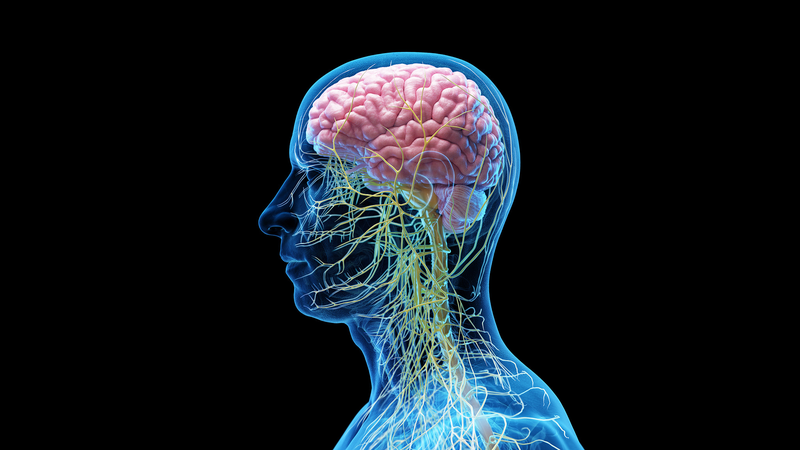Editor’s note: Alzheimer’s disease and other dementias afflict nearly 17 million people in the Chinese mainland, destroying neurons irreversibly. Existing drugs – costly and effective only in early stages – offer limited relief. Now, an experimental neck surgery, repurposed to boost the brain’s toxin-clearing plumbing, has sparked cautious optimism. Though not yet validated by large-scale trials and carrying surgical risks, its allure is undeniable for families of advanced patients. CGTN spoke to Dr. Xie Qingping, a surgeon pioneering the research, to find out more about it.
In a bold attempt to tackle one of medicine’s most intractable diseases, hospitals in the Chinese mainland are exploring deep cervical lymphovenous anastomosis (dcLVA), a neck surgery repurposed from lymphatic edema treatment, as a potential intervention for Alzheimer’s disease.
Leading the charge is Dr. Xie Qingping, a microsurgery and lymphatic surgery specialist and president of Hangzhou Qiushi Hospital in the Chinese mainland. Since 2020, he says over 600 patients have undergone the dcLVA procedure, with roughly 80 percent reporting cognitive or behavioral improvements.
From Lymphedema to Brain Detox
LVA was originally designed to relieve limb lymphedema by rerouting blocked lymphatic vessels to veins. In 2019, Dr. Xie noticed unusual cervical lymphatic structures while treating a patient for chronic tinnitus and headaches. He combined LVA with LNVA (lymph node to vein anastomosis) to ease neck blockage. Beyond the vanished tinnitus, the patient also experienced clearer vision and reduced brain fog.
Clearing the Brain’s Plumbing
According to Dr. Xie, the finding hinted at a link between cervical lymphatic drainage and central nervous system detoxification. His observations echo breakthroughs by U.S. neuroscientists Jonathan Kipnis, Antoine Louveau and colleagues, who uncovered the brain’s glymphatic system and meningeal lymphatics – pathways that flush toxic proteins like amyloid-beta and tau, hallmarks of Alzheimer’s.
While dcLVA offers a promising new angle, experts stress that large-scale clinical trials are needed to confirm safety and effectiveness. For now, it remains an experimental option carrying surgical risks, but one that could reshape efforts to combat neurodegenerative diseases.
Reference(s):
Neck surgery raises hope for Alzheimer's patients: What to know
cgtn.com




